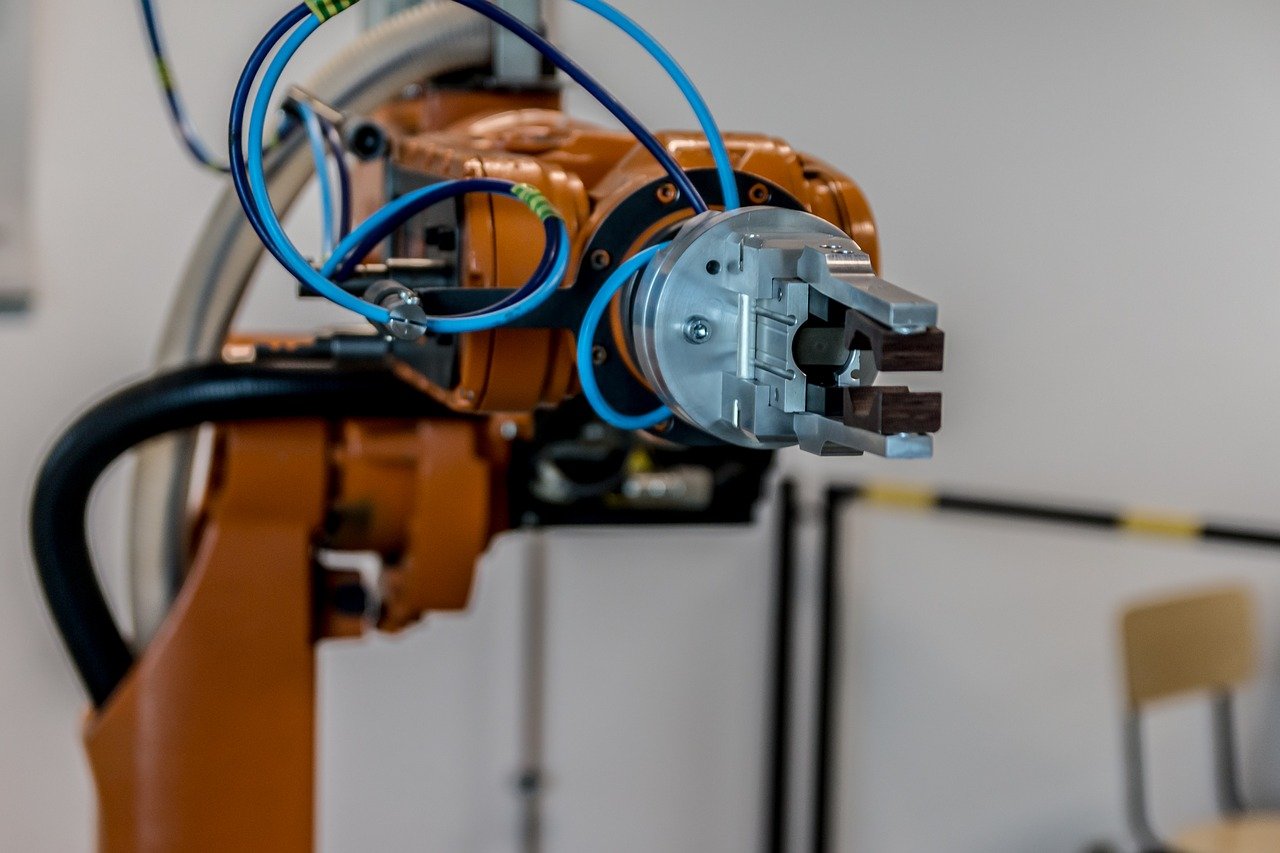
Automation and Unemployment
Automation and Unemployment: Does the academic debate support the belief that 4.0-technologies will lead to mass unemployment?
als Hausarbeit von Ole Lee am Institut für Politische Wissenschaft der RWTH Aachen
1. Introduction
During my research on the Fourth Industrial Revolution, I stumbled upon conflicting numbers regarding the impact of modern technologies on employment. The question of how susceptible jobs are to computerization and the future of employment appears to be a point of major contention within this line of research. After having taken a more detailed look at the research on the subject, I came to the conclusion that much of the public debate in Germany surrounding technological development and unemployment has been characterized by a high level of anxiety, often exaggerated by the circulation of intimidating numbers without proper context. Historically, concerns over automation and the possibility of induced unemployment are not new. Early examples include the “Luddite” riots that took place in England between 1811 and 1816, when new machines were introduced in the wool-finishing trade, causing workers to riot in an attempt to prevent the employment of these new technologies. More recently, an article published by the public intellectual David Precht claims that approximately half of all currently existing jobs will be wiped out by 2030 (Precht/Broy 2017). The underlying data for this claim, among many others, is derived from a study by Carl Benedikt Frey and Michael A. Osborne, who place 47 percent of total US employment in a “high risk” category – i.e., jobs that can be expected to be automated relatively soon. The findings of Frey/Osborne stand in stark contrast to other studies that come to different conclusions about the susceptibility of jobs to automation. There is also much disagreement about the various factors that determine and influence how automation will progress in the future. While the past decades have witnessed an enormous rise in computing power, coupled with a growing availability of big data and significant technical advances in areas such as Machine Learning (ML), these developments have not led to employment declines (see for example: Arntz et al. 2019: 20-21). However, labor markets in most advanced economies have been undergoing major changes, with increasing shares of both high- and low-paid jobs at the expense of traditional middle-class, routine-intensive occupations.
Simultaneously, the boundaries of what can be automated are continuing to shift, with automation methods no longer being limited to problems requiring algorithms with well-defined steps. As a result, it remains unclear how labor markets will develop in the near future.